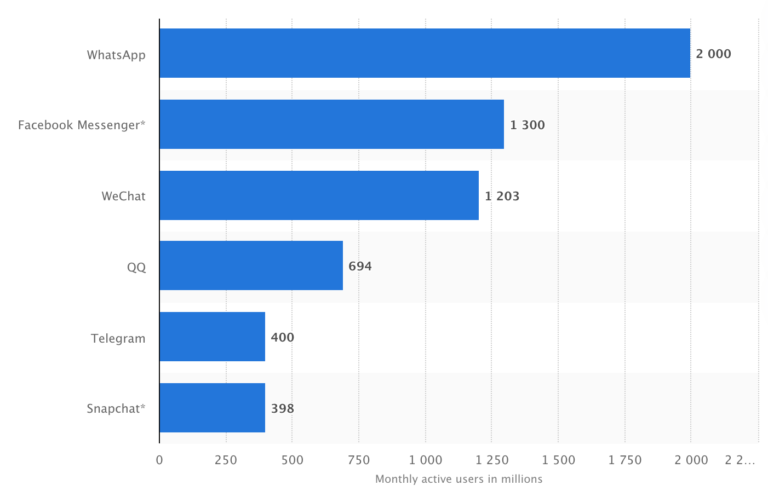By Stephanie Pownall
Evidently, Covid-19 has had a crippling effect on the overall global economy impacting several sectors in both developed and developing economies. In developing economies,the pandemic has contributed to a large scale cash crunch in the region’s agriculture sector leading to overstressing food supply chains with bottlenecks in farm labour, processing, transport and logistics, as well as momentous shifts in demand. The OECD supports the argument of Covid-19 posing a threat on food security to the poorest countries whose agricultural systems are more labor intensive. While the impacts of Covid-19 still unfold, there is a need for a more resilient information system to support farmers to ensure farm productivity, incomes and food security.
Factually, and as supported by IFPRI, the agricultural extension (agri-extension) services play a crucial role in boosting agricultural productivity, increasing food security, improving rural livelihoods and promoting agriculture as an engine of pro-poor economic growth. In Sub saharan Africa, as alluded to by Mercy Corps AFA, the agri-extension services are largely underfunded and limited in scope with one extension officer per two thousand farmers, challenging the conventional extension models to its very core. In normal scenarios as well, agri- extension faces challenges in navigating large distances, poor infrastructure and low rural population density implying high costs and low per unit returns and Covid-19 has only aggravated this issue.
Now more than ever, farmers are in need of support and relevant information on good agricultural practices, inputs and markets to enable them to sustain and develop resilient agricultural practices to ensure food security. This situation is challenging the agricultural community to explore alternatives that not only provide a quick fix to issues amplified by Covid-19 but also provide a long term supplement or alternative to the conventional in-person agriculture extension models. This is where digital models like Arifu can come in and provide a last mile personalised low cost and highly scalable interactive tool.
Mobile technology advancements are creating opportunities for agri-stakeholders to continue agri extension remotely during Covid-19 while also providing insights on feasibility of exploring digital extension as a way forward. Some of the reasons why businesses are gravitating towards digital transformation include; 1) digital extension as low cost and highly scalable tool with a potential to reach thousands of smallholder farmers with as low as 3$ per farmer as an annual cost, 2) it enables continuation and follow through learning where farmers can go back to the significant and relevant points of learning for action and, 3) facilitates businesses critical data analytics that is imperative for developing strategies of service delivery.
Arifu’s innovative platform enables small holder farmers to learn about good agricultural practices, agriculture inputs offered by Arifu’s partners, access to finance and other relevant information while also providing agri businesses a platform to capture insights directly from the smallholder farmers via rich data analytics, surveys and other tools for customizing service delivery. Arifu’s platform is compatible with both, the smart phones and feature phones overcoming the digital divide in the region. Using channels like SMS and smartphone applications like WhatsApp, Facebook Messenger and Telegram, Arifu is able to provide cutting edge opportunities to both learners and partners. Arifu’s success lies largely in the way it develops and packages digital content. Arifu uses design thinking principles to generate and disseminate information. The design process focuses on the partners’ business needs and provides a solution that resonates best with its learners creating the desired behavior change and impact. The content is contextualized using text and rich media for application which goes through a series of in-person testing and quality control. Arifu also provides partners the ability to digitise content themselves through using Arifu’s expertise. To reinforce the impact, 60 decibels and Arifu ran a study on farmers undergoing training using Arifu’s platform earlier in 2020. This study was conducted on KCB’s Mobigrow platform farmers to understand whether the farmers felt the content available on the Arifu platform was useful to them and how it impacted their livelihoods and some of the main findings of the study enumerate the following:
- 57% farmers saw an improvement in income
- 47% farmers saw an improvement in production
- 35% farmers perceived improved quality of life
- 26% farmers perceived an increase in the money earned due to an increase in the volume sold
In Kenya, agriculture contributes to 57% of employment; very similar to other developing countries, and supporting farmers and businesses to interact directly during the Covid-19 pandemic and beyond is one of Arifu’s major priorities. Arifu and similar solutions enable companies to sustain and improve farm livelihoods by making relevant information on good agricultural practices and entrepreneurial skills to help farmers increase their incomes for better financial security. If you’d like to get in touch with us and learn more about Arifu’s value proposition, please email us at pownall@arifu.com or sood@arifu.com.


